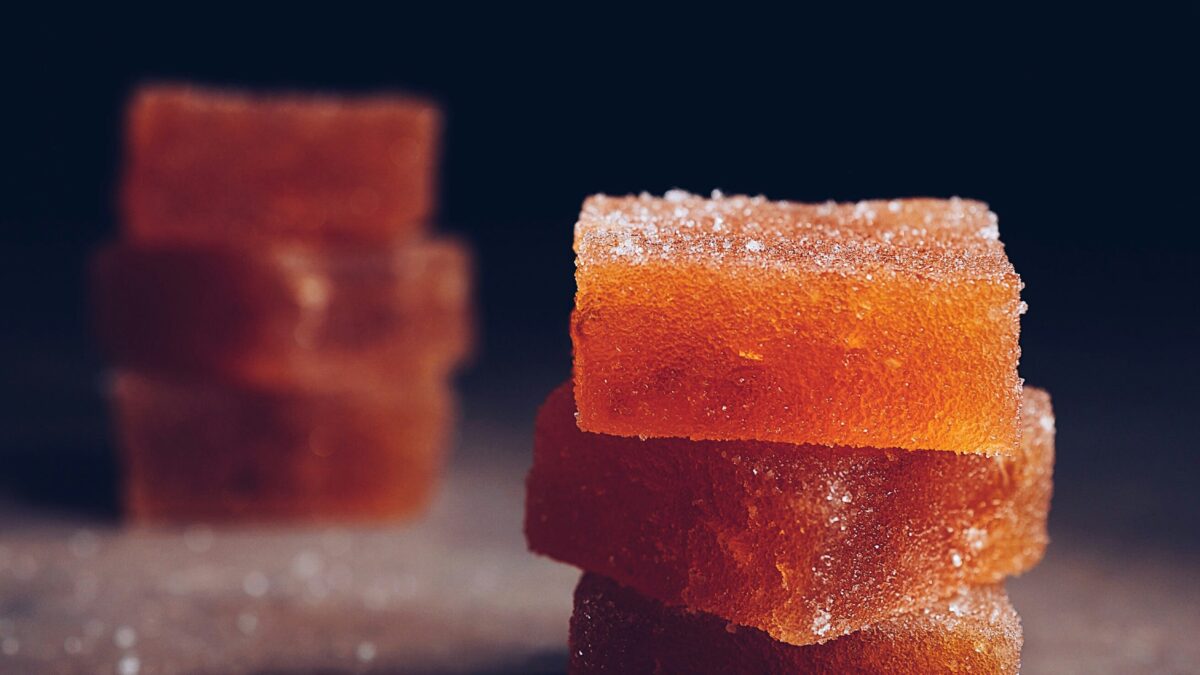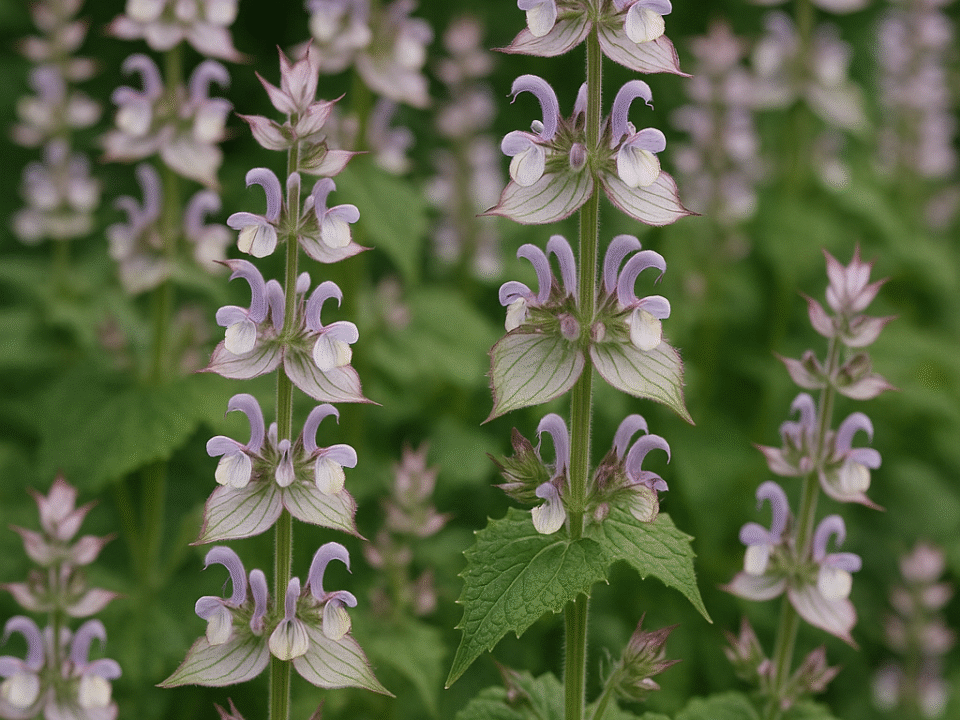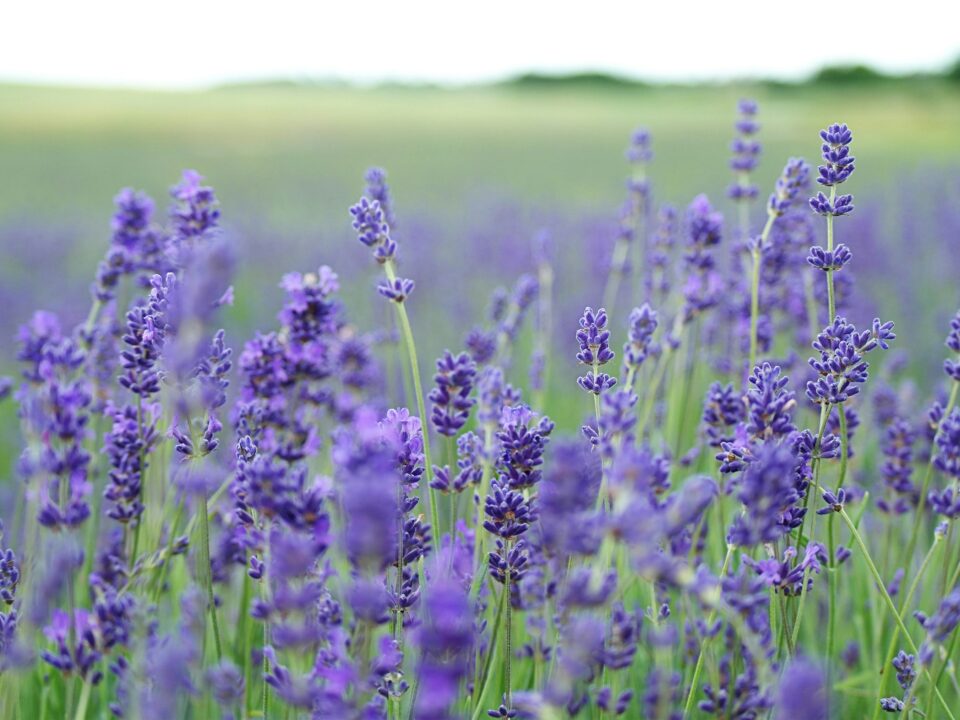
Brown sugar, a sucrose-based sweetener known for its deep color and rich molasses content, is a staple in both culinary and skincare applications. Traditionally, it was an unrefined or partially refined sugar containing natural molasses, but modern commercial varieties are often produced by adding molasses to refined white sugar.
In the kitchen, it enhances the flavor of desserts and baked goods, serving as a substitute for maple sugar and vice versa. Due to its ability to caramelize more readily than refined sugar, it is often used to achieve rich brown hues in glazes and gravies. Its hygroscopic properties make it particularly valuable in baking, as it retains moisture and creates a chewy texture, which is why it is commonly used in recipes such as chocolate chip cookies. Beyond its culinary uses, brown sugar has also earned a reputation as a powerful natural exfoliant in skincare, where it gently polishes the skin while promoting hydration and renewal.
One of the primary reasons brown sugar is favored in skincare formulations, particularly in scrubs, is its high content of glycolic acid, an alpha-hydroxy acid (AHA). With small molecular size, glycolic acid is capable of penetrating deep into the skin layers, loosening the bonds between skin cells, and facilitating the natural shedding process. This results in a more effective exfoliation, helping to slough away dead skin cells from the outer layer while promoting the growth of fresh, new skin.
The exfoliating properties of brown sugar provide multiple benefits for the skin. By gently removing dead skin cells, it helps to clear clogged pores and remove impurities, making it an effective cleanser. Additionally, the mild abrasive nature of brown sugar stimulates circulation, which can improve skin tone and texture, leaving the skin with a polished and healthy glow. Unlike harsher exfoliants such as salt or synthetic beads, brown sugar is gentle enough for most skin types, making it suitable for those with sensitive skin who need a more delicate approach to exfoliation.
Beyond its exfoliating capabilities, brown sugar also functions as a natural humectant, meaning it has the ability to draw moisture from the environment and lock it into the skin. This makes it an excellent ingredient for hydration, as it simultaneously sloughs off dead skin while preserving essential moisture. Its hydrating properties contribute to softer, more supple skin, preventing excessive dryness that can sometimes occur with regular exfoliation.
In addition to promoting hydration and radiance, brown sugar is also known for its antibacterial properties, which can help combat acne and pimples. By keeping pores clean and free from bacteria, it reduces the likelihood of breakouts and promotes clearer skin. The glycolic acid present in brown sugar further enhances its skin-brightening effects, as it regulates melanin production and aids in lightening dark spots and scars over time. Regular use of brown sugar in skincare routines may lead to a more even complexion, reducing the appearance of discoloration while improving overall skin health. Brown sugar remains a versatile and effective ingredient in natural skincare, offering gentle yet powerful exfoliation, deep hydration, and skin-brightening benefits. Whether incorporated into scrubs, masks, or cleansers, it provides a nourishing and revitalizing treatment that leaves the skin feeling refreshed, polished, and luminous.



